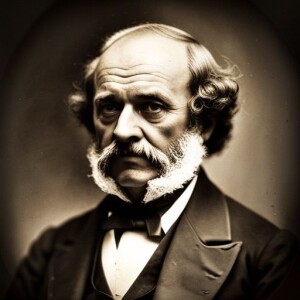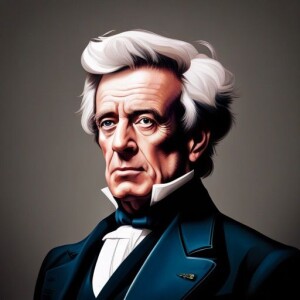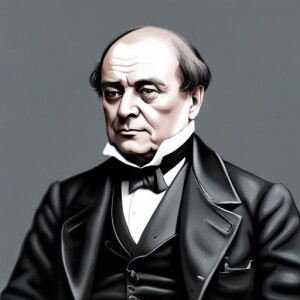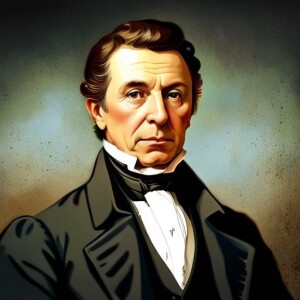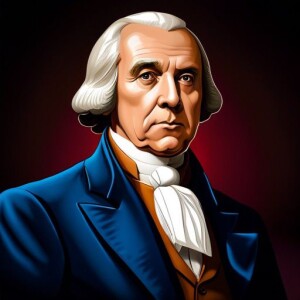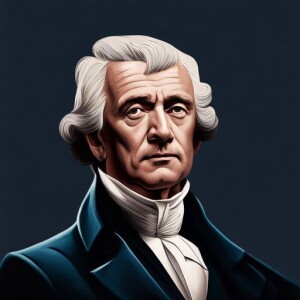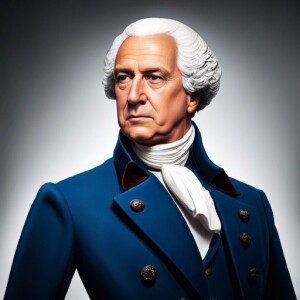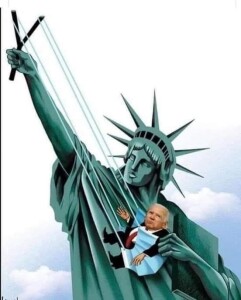

For decades, the relationship between China and Taiwan has been a constant source of tension and complexity. While political motives have been at the forefront of this relationship, recent speculation highlights a new concern for Taiwan. It appears that China’s interest in Taiwan has moved beyond mere politics and has extended to its advanced technology industry.
The stakes are high, as Taiwan is home to some of the world’s most significant tech companies, including TSMC, a major producer of semiconductors used in smartphones and other electronics. In contrast, China has struggled to develop its own advanced technology industry, relying on technology transfers and intellectual property theft to catch up.
China’s interest in Taiwan’s technology is not novel. In the past, China lured Taiwanese companies to relocate to the mainland by offering subsidies and incentives, but it was not successful. The reason is simple – Taiwan has robust intellectual property protections and a skilled workforce. However, China’s new approach of taking over Taiwan’s tech industry is more aggressive, yet it could be more effective.
China’s interest in Taiwan’s technology goes beyond catching up with the rest of the world. It’s about gaining strategic dominance. China views technology as a critical component of its plan to become a dominant global power. By taking over Taiwan’s tech industry, China would have significant leverage over the global technology supply chain, providing it with an edge in geopolitical conflicts and trade negotiations.
But taking over Taiwan’s technology industry is easier said than done. Taiwan takes pride in its democracy and nationalism, and its people are unlikely to accept an authoritarian regime from mainland China. Furthermore, the United States has a substantial interest in preserving Taiwan’s independence and has vowed to defend Taiwan against any aggression from China.
In conclusion, China’s interest in taking over Taiwan’s technology industry is a significant threat to Taiwan and the rest of the world. It remains unclear if China will take more aggressive measures to achieve this goal, but it’s crucial for Taiwan to safeguard its intellectual property, and for the international community to support Taiwan’s independence.

